Universities that cash in on foreign students are failing to provide housing
More than 400,000 international students have been forced into the private rental market as Australia’s biggest unis take $9bn a year in fees and fail to provide enough places to live.
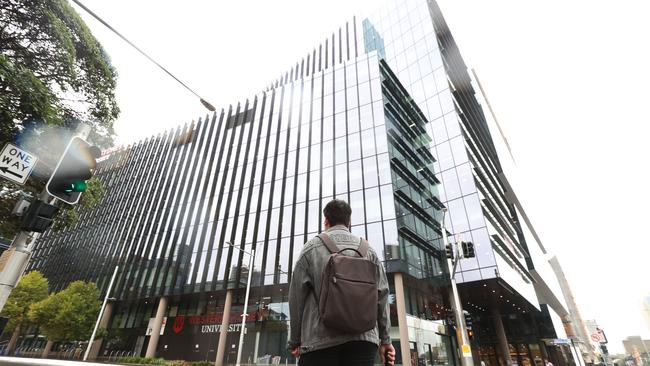
Australia’s biggest universities are failing to provide 80 per cent of their foreign students with guaranteed housing, despite taking in $9bn a year in tuition fees.
Universities have built enough dorm rooms to accommodate only 40,000 students nationally – a fraction of the 205,000 international students they have enrolled to study in Australia this year, while private training colleges have failed to provide any accommodation, even though they have accepted 149,000 foreign students this year.
The failure of the $26bn international education industry to provide accommodation has meant at least 400,000 international students have been forced into a private rental market with the tightest vacancy rates on record.
Sydney University will educate 32,800 international students on campus this year as enrolments bounce back from the pandemic trough, but it provides only enough accommodation for 2936 students – despite receiving $1.4bn from foreign student tuition fees in 2022.
In a statement, Sydney University said it had spent $220m building affordable student accommodation since 2015 and planned to offer up to 3000 more beds in the next five years, subject to approvals and land availability.
The university is lobbying the NSW government to reclassify university-run dormitories as “affordable housing’’, with exemptions to planning and density rules, and relief from developer contributions.
“(This) would enable us to increase the amount of local affordable accommodation by at least 20 per cent (and) in turn more accommodation would relieve the substantial pressure on surrounding private rental markets,’’ it said.
A Chinese student at Western Sydney University, who did not want to be identified, said he was paying $300 a week for a room in a share house in one of Sydney’s western suburbs.
“The landlord doesn’t let us use the air conditioner, even on the hottest of days,’’ he said.
“I saw some other places where the landlord didn’t allow use of the kitchen, or washing machine, or to have a shower every day.
“International students don’t have any power, and it’s very hard to find a place to live.’’
The student, who said he was paying $30,000 a year in tuition fees, said universities should do more to help international students find somewhere to live.
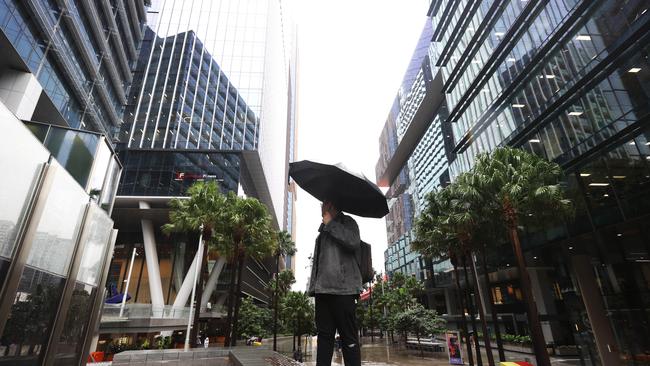
Federal Education Minister Jason Clare on Sunday said the government’s planned national student ombudsman would be able to assist international students.
“Universities benefit significantly from international students and they have a responsibility to help house them,’’ he said.
Federal opposition education spokeswoman Sarah Henderson said students from regional areas were also struggling to find a place to live when they moved to cities for university study.
“Why should universities be permitted to bring in unlimited numbers of international students, particularly to Melbourne and Sydney where the housing crisis is particularly serious, when they fail to take adequate responsibility for where these students will live?’’ she said.
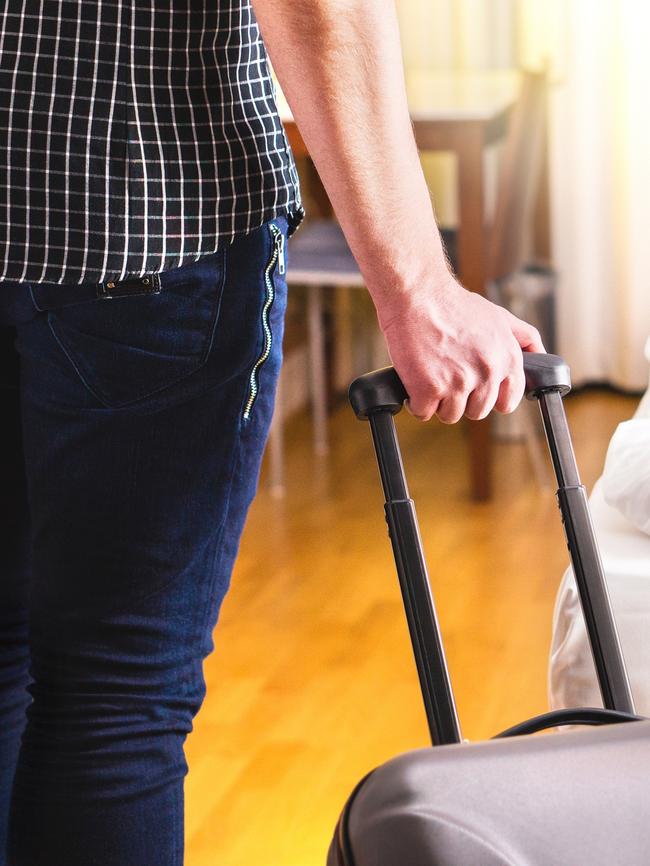
The University of NSW has 27,001 international students on campus this year but provides only 4300 beds to be shared by domestic and foreign students.
A spokeswoman said the university planned to build 1000 extra beds on campus, and Randwick City Council had approved 3900 beds to be built by private developers over the next few years.
In Melbourne, Monash University had 23,939 international students studying on campus last year, yet provides only 3300 rooms for domestic and foreign students.
It charged foreign students $906m in tuition fees in 2022.
The University of Melbourne enrolled 24,042 international students on campus this year but provided only 4100 student accommodation places.
The Property Council of Australia’s Student Accommodation Council executive director, Torie Brown, said purpose-built student housing providers such as UniLodge and Scape now provided 78,000 beds nationally.
“The current pipeline of projects doesn’t meet current demand, let alone future demand,’’ she said. “The vast majority of students in Australia still live in the residential market.’’
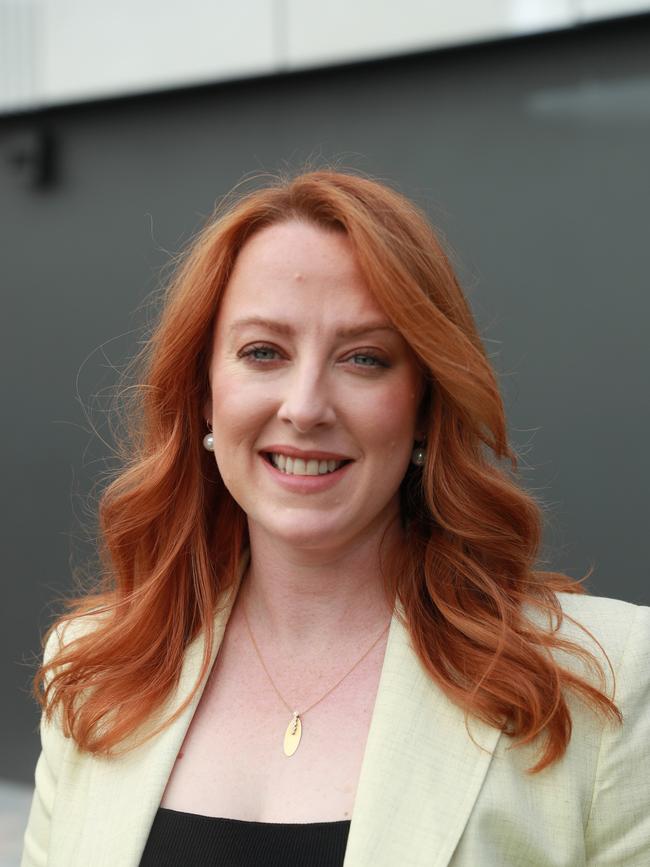
Ms Brown said the rental market was so tight that student housing providers that traditionally catered to foreign students were seeing more Australian students move in. She said international students often struggled to find private housing as they lacked the rental history and stable income demanded by landlords.
The University of Western Australia has 2500 accommodation places, and 3090 foreign students while Perth’s Edith Cowan University provides 849 beds on campus, with 6000 international students.
In Brisbane, the Queensland University of Technology has 8403 international students but no student accommodation, while the University of Queensland owns and operates 1500 student beds, but taught 17,730 international students last year.


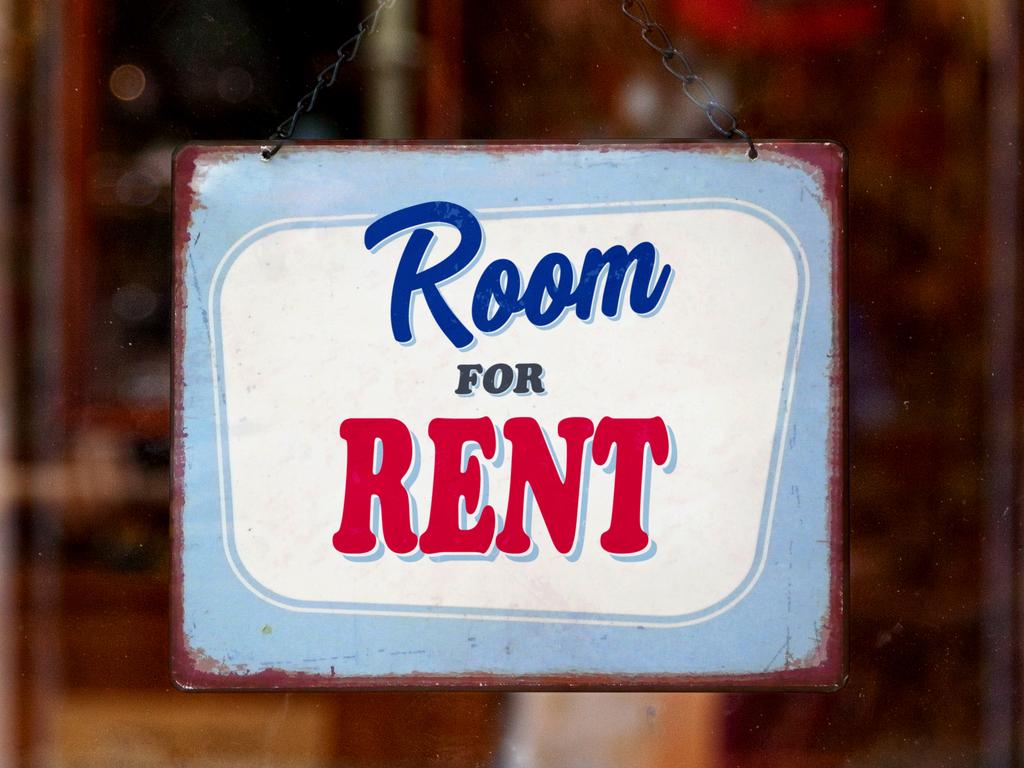

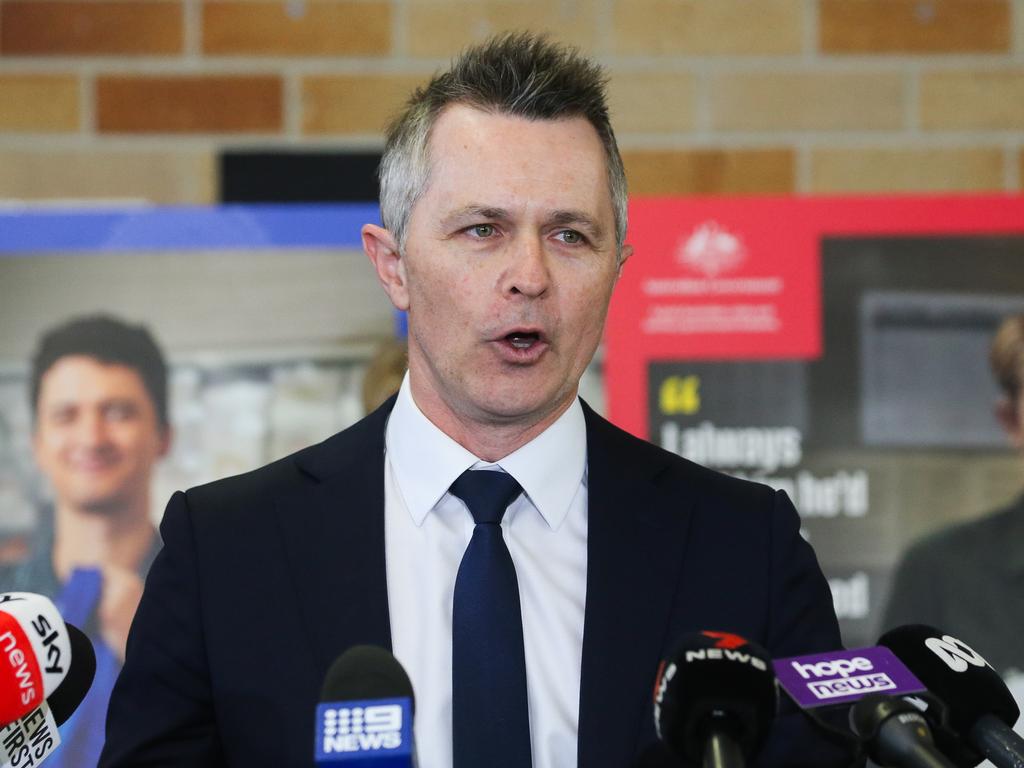



To join the conversation, please log in. Don't have an account? Register
Join the conversation, you are commenting as Logout